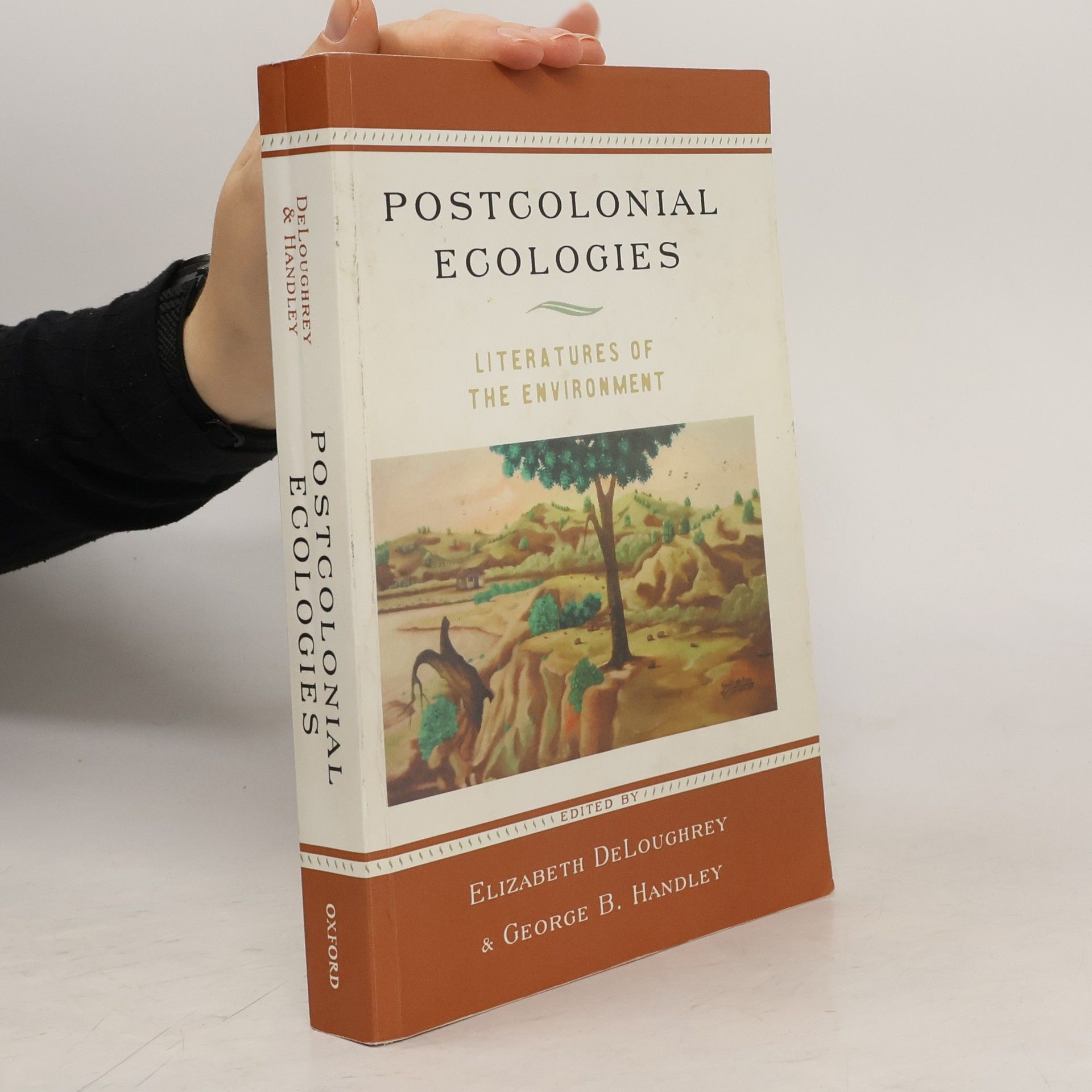Exploring the intersection of ecocriticism and ecotheology, this book invites readers to seek common ground amid the climate crisis. It addresses the relationship between religious studies and environmental literature, offering insights valuable to students and scholars in the fields of ecotheology, environmental humanities, and environmental studies. The work emphasizes the importance of integrating ecological concerns with spiritual and ethical dimensions to foster a deeper understanding of our environmental challenges.
George B. Handley Books
George B. Handley's creative writing, literary criticism, and civic engagement focus on the intersection between religion, literature, and the environment. His work explores how these domains shape our understanding of the world and our place within it. Through an interdisciplinary approach, he reveals the profound connections between spiritual life, artistic expression, and ecological responsibility. His analyses offer a unique perspective on how literature can inspire a deeper relationship with nature and a more thoughtful existence.


This is the first collection to bring environmental issues into a dialogue with postcolonial studies. By examining African, Caribbean, Pacific Island and South Asian literatures and how they depict the relationship between humans and nature, Postcolonial Ecologies makes a compelling argument for a more global approach to thinking through our current environmental crisis.